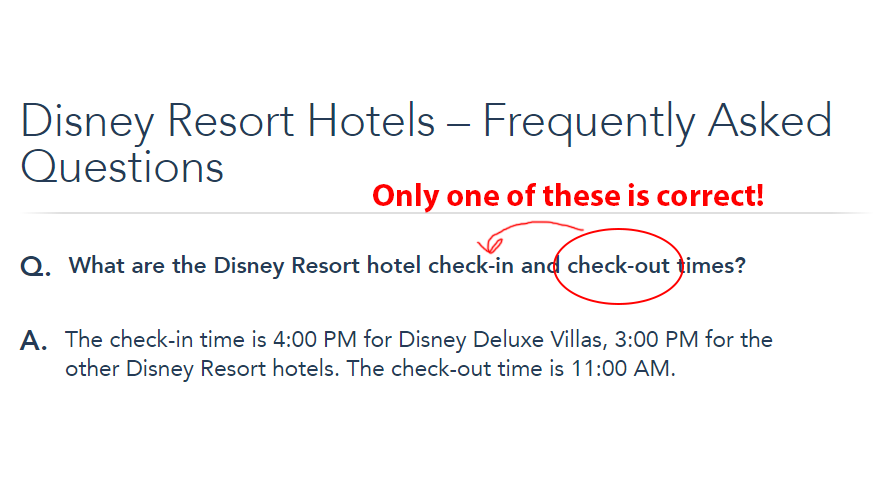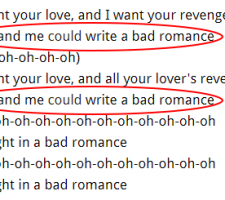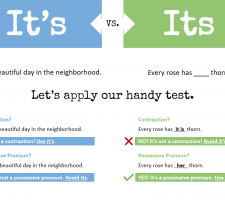Today is a travel day for Sloppy Bullets, so this one is for my friends in the hospitality industry. It’s the age-old question of check-in vs. check in.
- When you arrive at the airline ticket counter for your long-awaited dream vacation, do you (check-in or check in or checkin) for your flight?
- When you get to your hotel too early, are you hoping the front desk will grant you an early (check-in or check in or checkin)?
- When you show up for your reservation at a famous celebrity chef restaurant, do you go to the (check-in or check in or checkin) podium?
- When you want to brag to all your non-vacationing friends about your fabulous destinations and amazing meals, do you (check-in or check in or checkin) on the Facebook app?
- If you want a great read on the beach during your sunny vacation, do you (check-out or check out or checkout) the latest bestseller from the library?
- When you want to sleep in on the last day of your trip, do you ask the hotel for a late (check-out or check out or checkout)?
- While you’re on the phone with your late departure request, do you verify the new (check-out or check out or checkout) time?
- When you finally vacate your hotel room at the end of your stay (even though you really don’t want to), do you (check-out or check out or checkout)?
Is your brain scrambled yet? What is this madness? Well, it all come down to the part of speech.
Verbs
When used as a verb, both “check in” and “check out” are always two words, never hyphenated. Like this:
- You check in for your flight.
- You check in at the hotel.
- You check in on the Facebook app.
- You check out vacation reads from the library.
- You check out from the hotel at the end of your trip.
- You can check out any time you like, but you can never leave. ♩ ♪ ♫ ♬
Nouns and Adjectives
When used as a noun or adjective, “check-in” is always hyphenated, and “checkout” is always one word.
- You request an early check-in or a late checkout. (nouns)
- Airlines may have a long line at check-in. (noun)
- Make sure you know your hotel’s check-in time and checkout time. (adjectives)
- When you arrive, head to the check-in podium/desk/counter. (adjective)
- When buying souvenirs, pay for them at the checkout counter. (adjective)
Wait, what? Why the hyphenation discrepancy? You can blame our “refreshingly” inconsistent English language for that one. Remember back in the beginning when I mentioned how language evolves? This is a perfect example. Checkout has simply evolved as a compound word faster than check-in. This offends my sense of consistency (and it should offend yours too), but sometimes language has a mind of its own.
Review
So now let’s review. For my hospitality friends, please make sure you get this right in your own writing. If you don’t know the difference, how can we ever expect the rest of the world to?
- You check in at the hotel’s front desk. (verb)
- You request an early check-in. (noun)
- Each hotel has its own check-in process. (adjective)
- It’s never checkin!
- You check out at the end of your trip. (verb)
- You request a late checkout. (noun)
- You verify the hotel’s checkout time. (adjective)
- It’s never check-out!
But! Even though checkin and check-out are technically taboo, you might sometimes encounter checkin (when paired with the correct checkout), or check-out (when paired with the correct check-in). In this case, visual consistency just may trump the official “rules.” So I’m giving you permission to let this one slide if you want to avoid looking sloppy, but only if you’re crystal clear that it’s really breaking the rules.

Even the big guys practice poetic license for the sake of consistency.
(Please subscribe to the Sloppy Bullets blog to receive notifications of new posts!)


